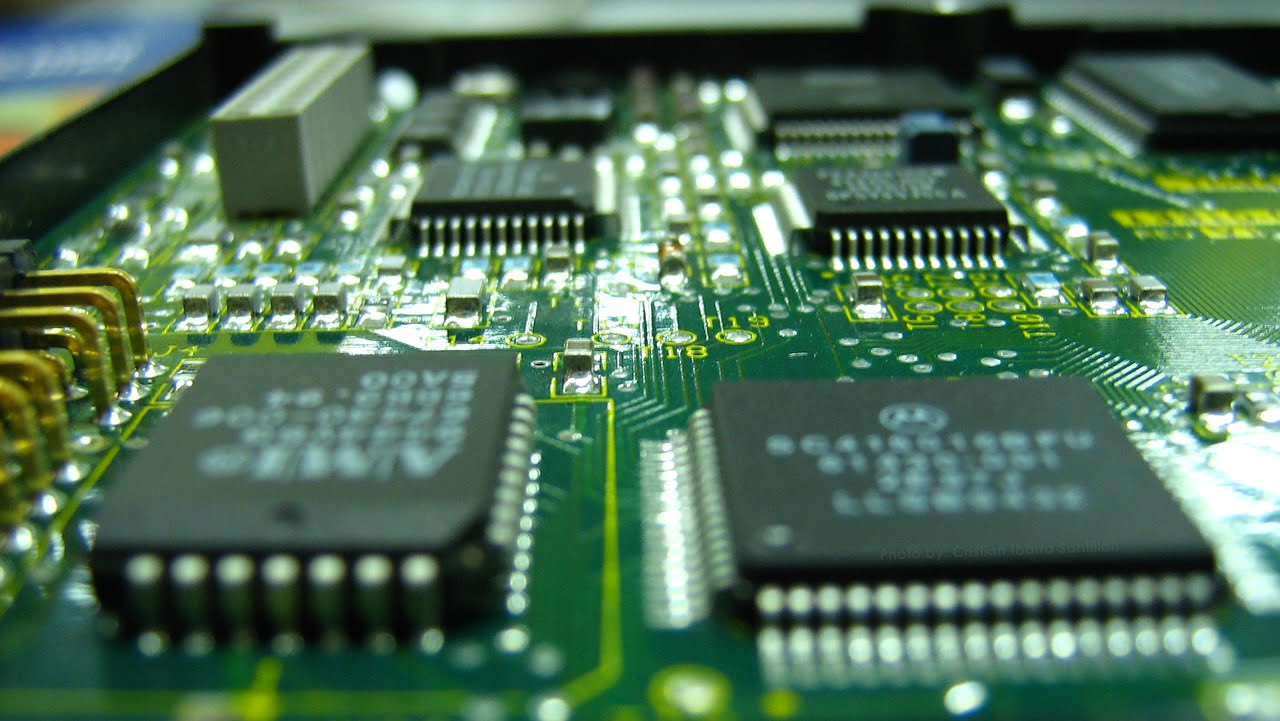With an eye on China, the member countries of the Indo-Pacific Economic Framework for Prosperity (IPEF) including India have agreed to bolster the supply chain for chips, medicine and other critical items in the event of an emergency and reduce their dependence on a particular country,
All the member countries have struck a deal in a high profile meeting held in Detroit. This initiative is intended to increase supply chain resilience and diversification through information sharing and coordinated efforts by the member countries, especially when a crisis strikes.
The second IPEF Ministerial Meeting was hosted by the US. Union Minister for Commerce and Industry, Consumer Affairs, Food and Public Distribution, and Textiles Piyush Goyal virtually participated in the Ministerial meeting.
IPEF was launched jointly by the USA and other partner countries of the Indo-Pacific region on May 23, 2022 at Tokyo. IPEF has 14 partner countries including Australia, Brunei, Fiji, India, Indonesia, Japan, Republic of Korea, Malaysia, New Zealand, Philippines, Singapore, Thailand, Vietnam and USA. It seeks to strengthen economic engagement among partner countries with the goal of advancing growth, peace and prosperity in the region.
The framework is structured around four pillars relating to Trade (Pillar I); Supply Chains (Pillar II); Clean Economy (Pillar III); and Fair Economy (Pillar IV). India had joined Pillars II to IV of IPEF while it has an observer status in Pillar-I.
At this Ministerial Meeting, negotiations under the supply chains were substantially concluded; while good progress was reported under the other IPEF Pillars. Pillar-wise Press Statement was issued at the end of the Ministerial meeting to provide an update on the developments related to text-based negotiations under each of the respective IPEF Pillars.
Under the Supply Chains IPEF partner countries are seeking to make supply chains more resilient, robust, and well-integrated through crisis response measures, cooperation for mitigation of disruptions to better ensure business continuity, and improve logistics and connectivity, promoting investments particularly in critical sectors and production of key goods, and worker role enhancement through requisite upskilling and reskilling and increasing comparability of skills credentials frameworks across IPEF.
The deal comes at a time when almost entire world is facing some kind of supply chain crisis, much caused by Covid pandemic and Russia-Ukraine conflict. Hence, the agreement among these countries, promises to improve logistics and connectivity, promote investment in critical sectors and cooperation in mitigating disruptions by ensuring economic and business continuity.
Under the Clean Economy IPEF partners are aiming to advance cooperation on research, development, commercialization, availability, accessibility, and deployment of clean energy and climate friendly technologies, and facilitate investment towards climate-related projects in the region. Further, interested IPEF partners are introducing a regional hydrogen initiative to encourage widespread deployment of renewable and low-carbon hydrogen and its derivatives in the region. During his intervention under this Pillar Goyal highlighted that India would like the Pillar focus to be centred on action-oriented elements, such as mobilisation of low cost long tenure climate finance and enhanced access to clean energy technologies.
Under the Fair Economy IPEF partners are working toward development of the text of an agreement that will strengthen implementation of effective anti-corruption and tax measures to boost commerce, trade, and investment among IPEF economies.


























